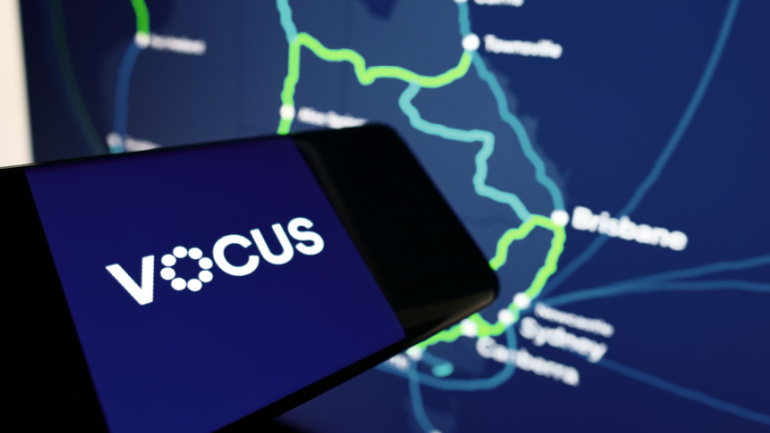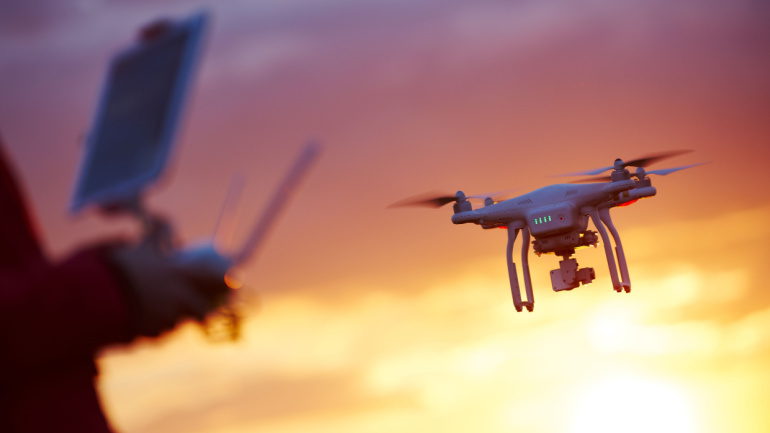Vocus has agreed to purchase TPG’s fibre and fixed network assets in a $3.35 billion deal, enhancing their digital infrastructure presence across Australia. The acquisition expands Vocus’s fibre network by 50,000 km, connecting major cities and offering competitive services to enterprise and government sectors.
After a challenging negotiation period, TPG Telecom’s endeavour to sell a range of assets to Vocus has reached an impasse. The stumbling block largely revolves around the valuation of the diverse telecom assets. TPG, however, intimates interest in reviving talks at a smaller scale, bearing interest from strategic investors in mind.
As Vocus’ exclusive negotiation period with TPG Telecom for the proposed fiber business acquisition concludes, talks remain in motion. Delays in due diligence hint at finance-related stumbling blocks, though TPG stays open to other potential bargains, igniting a scenario of anticipation and suspense within the telecom domain.
Vocus, a well-known fibre operator in Australia, is in high-stakes discussions for a $4.2 billion bid on crucial assets of TPG Telecom, including Vision Network, its wholesale infrastructure arm. Although the deal is far from done, Vocus’ ambitious plans to strengthen its market presence make it a possible game-changer in Australia’s rapidly evolving telecommunications landscape. The telecom industry keenly observes how this potential acquisition will shape the competitive arena.
Vocus, the Australian fibre giant, eyes a substantial expansion via a potential A$6.3 billion acquisition of TPG Telecom’s enterprise, wholesale, and government assets, including the wholesale infrastructure sector, Vision Network. However, TPG’s Board’s decision remains pending, casting doubt around the contract’s finalisation.
Imagine a search and rescue mission in remote rural areas, being empowered by the wings of a drone, beaming down 5G connectivity. This very scene is unfolding in Warwickshire, UK, thanks to Virgin Media O2’s innovative approach. The drone, armed with a petite mobile base station, creates a nimble communication network, offering vital real-time data to rescuers.
Mobile World Congress 2021 to require a negative Covid test for entry GSMA, the organization hosting the Mobile World Congress 2021, has announced a health and safety plan for its event. Of course, requirements include doing all the usual things such as wearing masks, washing hands, keeping distance, and following the proper sneezing and coughing esthetics, but there are more specific safety outlines. One of the most important stipulations in place will be the requirement of proof of a negative Covid test, which will be fully managed by the MWC app. Read more at: https://tinyurl.com/5ssd8d8u Intel to tackle data privacy with DARPA Intel has become a part of the Defense Advanced Research Projects Agency (DARPA) as a research partner to help run its Data Projection in Virtual Environments (DPRIVE) program. This program is seeking ways to improve fully homomorphic encryption (FHE), that allows the processing of encrypted data without the…










